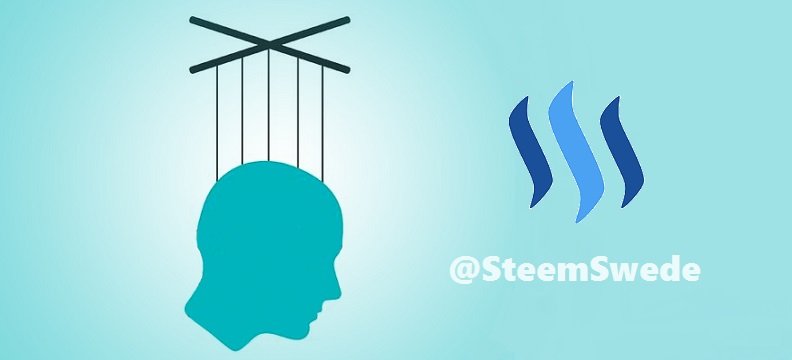
When discussing free will, it is important to keep track of some relevant -'isms'. Mainly determinism and indeterminism is relevant for the matter. Therefore, I will briefly introduce these 'isms'.
Determinism is the idea that everything that happens is predetermined by the laws of nature and of past events. So: past events + laws of nature = effect. Everything has a cause and the cause has a given determined effect. Cause-effect. A stone that falls does so because of laws that causes it to fall and because someone may have released it (if that was how it happened). If a scientific experiment is repeated with the exact same conditions (causes), the result or consequence (effect) is always the same.
What about chance then? If we by chance mean an event that has no previous explanatory reasons, there is no chance according to determinism. Take for example a roll of the dice. The roll in no way negates the laws of nature and the law of cause and effect, even though it is difficult to predict what the result of the throw will be. But if we know all the reasons - in this case the position of the dice before the throw, the drop height, the hardness of the table, the shape of the dice, the morphological features of the agent that is throwing the dice, and so on, we could figure out the result according to determinism. But since it is impossible or very difficult to know all the reasons, we say that the result is a 'random' event. So I argue that there is no such thing as chance, and that chance is just a word we use when we can't predict outcomes due to not seeing or knowing the cause and effect relationships.

If determinism is true, it seems that there can be no free will because even free will would have causes.
But in quantum mechanics they have found sequences of events that seem to lack causes. However, this is controversial. Some researchers claim that quantum mechanics explores units so small that it's simply impossible to see and detect the causes.
Anyway, this leads us into the second -ism; indeterminism. It is simply put the negative of determinism. It states that it's not everything that happens that is predetermined by the laws of nature and past events.
Personally, I am inclined to believe in determinism, as I stated in my last article on free will. It seems reasonable that everything that happens does so because of something. However, I must admit that indeterminism is difficult to contradict, especially considering the progress in quantum theory. But does it really matter to our basic question whether it is determinism or indeterminism that prevails?
If we're going to try to defend the idea of free will, what do we do with it? As we have seen, it seems to be that determinism is incompatible with free will. Because if everything has a cause, we will always act in a given and deterministic manner, and our will is then predetermined. If we turn to indeterminism then?
Indeterminism opens up the idea that our world is controlled (at least partially) by chance. Events are not caused deterministically. And this doesn't seem to be compatible with a free will either. If I can choose between a cup of coffee and a cup of tea and randomly choose the tea, we wouldn't exactly call this choice 'free' would we?
With this as background, we can now set up a number of statements that aren't coherent, but must be revised so that the claims have no contradictions:
1. Free will exists.
2. Free will is incompatible with determinism.
3. Free will is incompatible with indeterminism.
4. Either determinism or indeterminism prevails in our world (true per definition, referring to tertium non datur, the law of excluded middle.)
We have already seen that both determinism and indeterminism appears to be incompatible with free will. We also know that we either have determinism or indeterminism in our world. Therefore, I think it's fairly obvious that (1) is false.
Disclaimer: I am not responsible for any potential factual or otherwise errors in this article as I was determined to write it exactly as it is.
